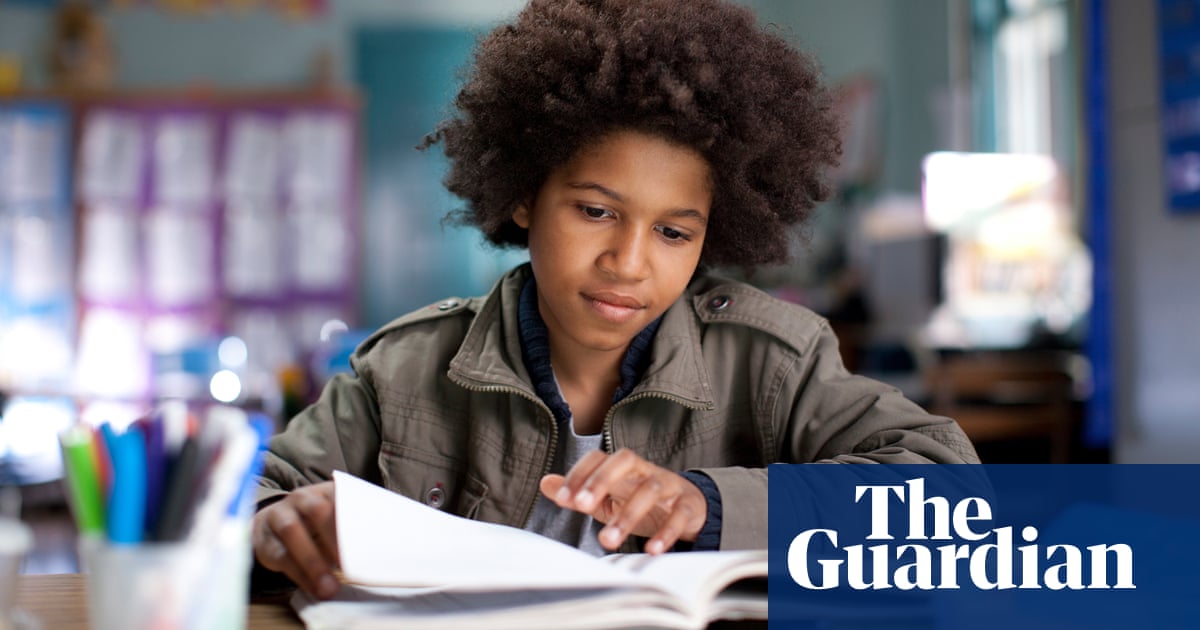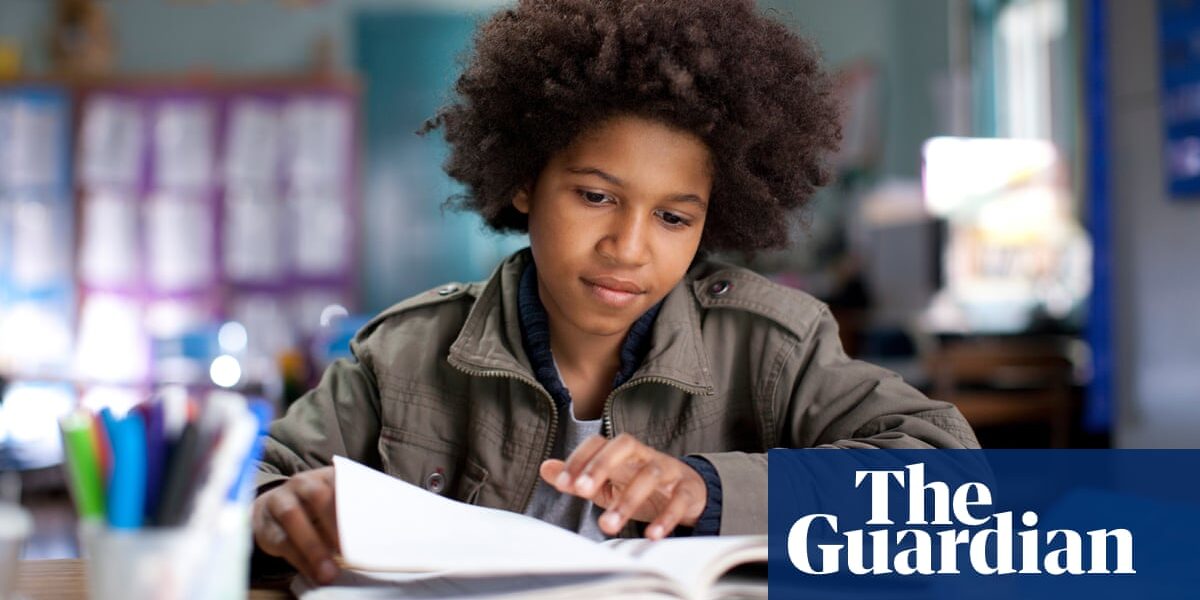
Children in the UK and Ireland are reading fewer books than they did last year, according to a new report, as post-Covid absences from school and a lack of dedicated reading time contribute to lower reading abilities.
The 2024 What Kids Are Reading Report surveyed more than 1.2 million pupils across the UK and Ireland, revealing a 4.4% decrease in the number of books read by pupils. According to the study, this decline in reading is “particularly acute” in secondary schools, and affects the difficulty of books being read as well as the volume.
The pupils surveyed were shown to read progressively more challenging books until year 6. After that, the difficulty level of books being read tended to plateau until year 9, before a “sharp drop” in the difficulty of those read by older secondary students.
This is the first year since the research began in 2008, apart from the first year of the pandemic, that there has been a decline in the number of books read. The findings could be due to what University of Dundee’s Keith Topping, who analysed the data, described as a “post-Covid sequel”, and, though “slightly concerning”, may not be a fair indicator of what we can expect in the long run. “There are a number of possible reasons for the decline, but the high number of pupils persistently absent from school post-Covid is likely to be the biggest factor”, Topping said.
The research drew a link between more reading time in school and higher reading attainment. The biggest gains in reading ability occurred when more than 30 minutes of a student’s school day was devoted to “engaged reading time”.
“The key takeaway from this report is that more reading practice at an appropriate level of difficulty improves pupils’ reading performance, with more reading time in school leading to higher reading attainment,” Topping said.
after newsletter promotion
As politicians have begun to campaign ahead of the general election, Topping has found it “rather sad” that “issues of education seem to be largely neglected”.
“I would certainly like to see schools looking very carefully at the issue of how much time they’re allocating to reading in school. And I would also quite like the Department for Education and the other regional authorities to take some measures to encourage schools to allocate more time to reading,” he said.
Among the children surveyed, David Walliams remained the most popular author overall, followed by footballer Marcus Rashford, who co-wrote The Breakfast Club Adventures series with children’s author Alex Falase-Koya, and Dog Man author Dav Pilkey in joint second. JK Rowling’s Harry Potter and the Prisoner of Azkaban was named the most popular book among primary school pupils, while Alice Oseman’s Heartstopper Volume 3 was the most commonly named favourite book of secondary school students.
While What Kids Are Reading was primarily based on a study carried out by the learning and assessment provider Renaissance, the report also included findings from a survey of 71,351 pupils by the National Literacy Trust. These figures showed a 26% decrease in the number of children reading daily in their free time since 2005. The data also showed that pupils’ enjoyment of reading in their free time was lowest among those receiving free school meals.
Source: theguardian.com




